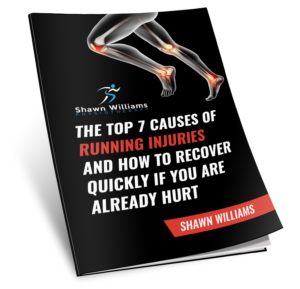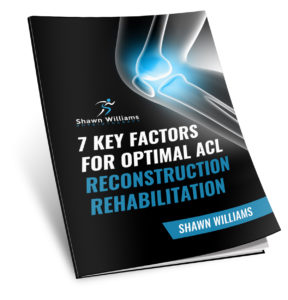.
Is running bad for your knees? Or is inactivity worse?
It is recommended that Canadian adults, age 18 to 64 years old, accumulate 150 minutes or more of moderate- to vigorous-intensity aerobic physical activity each week, in bouts of at least 10 minutes. Doing so can help reduce your risk of heart disease, high blood pressure, osteoporosis, type 2 diabetes, stroke, and many more potentially fatal diseases. Regular physical activity is also good for your mental health, as it supports good self-esteem and decreased stress levels. Running is a great way to achieve these benefits. Yet many people are worried to run and ask the common question is running bad for your knees?
Running or jogging is a common form of aerobic physical activity, as it requires minimal equipment and is low cost. Despite the proven benefits of running, many people worry that regular running may contribute to the development of knee osteoarthritis (OA) later in life. This concern stems from the fact that running causes a repeated mechanical loading of the knee joint, which over time may lead to damage in the joint, eventually causing OA.
However, research has shown that regular running, as a form of exercise, does not increase the risk of developing OA later in life. With data from a multicenter observational study known as the Osteoarthritis Initiative (OAI) the researchers used information from 2,683 participants.
The researchers found that 29% of participants had been habitual runners at some point in their lives. They then used knee x-rays and symptom questionnaires to assess for knee OA. The research found that, no matter the age when they ran, runners had a lower prevalence of knee pain and OA than non-runners.
The results indicate only 22.8% of runners had symptomatic OA, compared to 29.8% of non-runners. Therefore, the researchers ultimately concluded that regular running does not increase the risk of developing OA; in fact, they believe it protects against it.
One of the greatest known risk factors for developing knee OA is being overweight or obese, as excess weight puts increased stress on the knee joint. Your normal body weight helps protect an individual from knee OA by minimizing the load on the knee joint.
Those who run regularly are more likely to have a lower Body Mass Index (BMI); thus, they are at a decreased risk of developing OA. This means that you can keep running, knowing you are not only preventing many fatal illnesses, but also decreasing your risk of knee OA!
Hopefully this article answers the question is running bad for your knees. If you are dealing with a running injury or concerned that you are putting yourself at risk for knee OA, learn how we can help by sending us an email or giving us a call or text at 416-660-4187. If you would like to start a running program check out Best Advice for Beginner Runners




